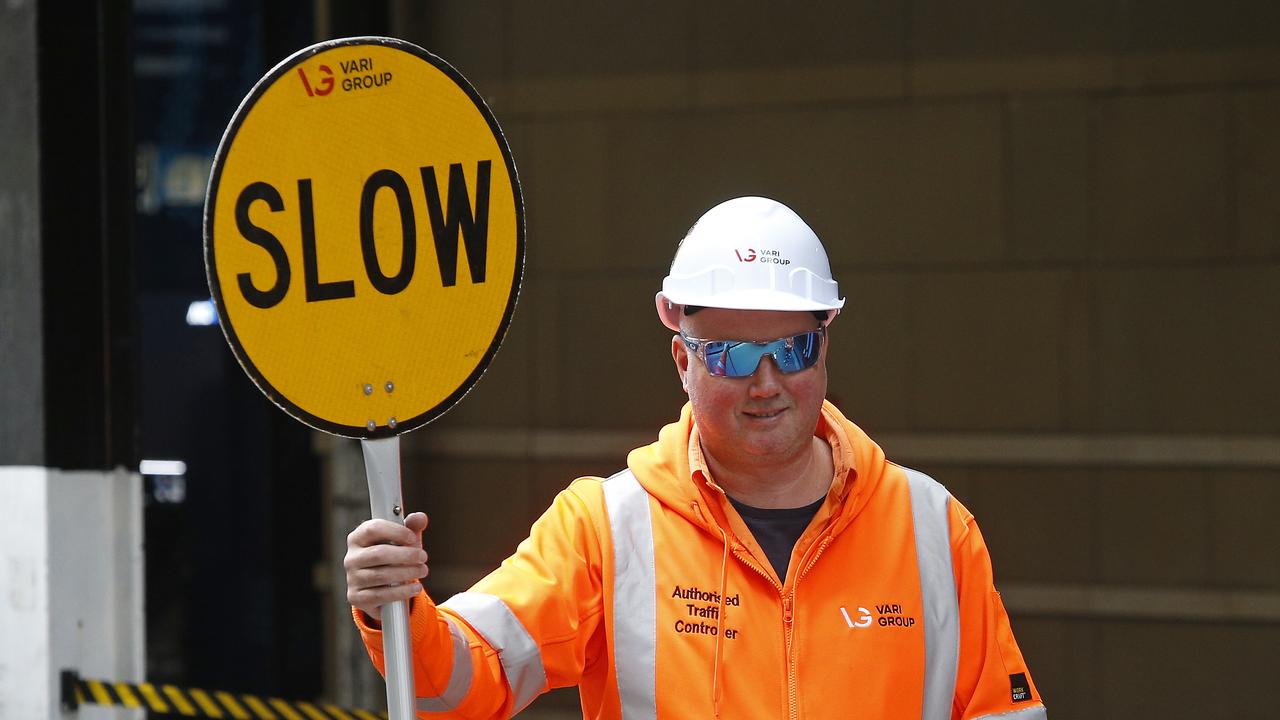
Its important that our private companies understand the dangers and prepare to defend themselves and their staff.
But it’s equally important that the ATO people understand that while they might have the best of intentions, these “fishing” expeditions should not be undertaken until there are proper legislative rules and governance to administer tax collection in Australia.
I will detail below the appeal the tax office is making, but the basic thrust is the ATO realises that it needs to understand company systems and practices to efficiently collect tax and that it is in the interest of the companies themselves to make their tax payment systems efficient.
That argument has clear merit but it is highly irresponsible to undertake such an exercise when there is currently there such poor governance of Australian tax collection.
Before embarking on its current path, the ATO should have supported the chair of the standing committee on tax and revenue, Jason Falinski, in his push for a legislated tax payer bill of rights; it should agree with the Inspector-General of Taxation that taxpayers should have the legislated right to be told how their tax bill is calculated, and that there is a low-cost independent appeal system.
That appeal system should use the English system of justice whereby the ATO argues why their tax assessment is correct, rather than the current system where the onus is in the taxpayer to drag the reasons for the assessment out of the ATO and then prove the ATO wrong.
I am sure that the people who are taking the ATO down this new path are genuine and have the best of intentions.
What they do not realise is that the material they gain will be used by elements in the tax office to unfairly destroy enterprises.
When I started writing about tax matters some five years ago there was controversy as to whether bad practices were happening.
Now there are countless illustrations of appalling behaviour by sections of the ATO.
Government ministers such as Josh Frydenberg, Michaelia Cash, Michael Sukkar and Stuart Robert have a responsibility to the nation to stop the ATO pursuing these dangerous fishing expeditions until they have put in proper legislative protection and rights.
I would like to think that the ALP would support such actions and it might even be possible for the ATO to agree on the basis that legislated taxpayer rights are essential for this new approach to taxation to be accepted by private companies. .
Under the headings “Tax grilling strikes fear in private companies” and ”Breaking the silence on tax office inquisition of private companies” I set out how the ATO was attempting to gain an enormous amount of information from our top private companies.
Most of the information required in the questionnaire was not relevant to the actual calculation of tax. Now the tax office is going further by contacting people below chief executive level to try to gain even more information, and seeking meetings.
I strongly urge private companies to be very wary of meeting with ATO officials until there are proper rights and rules for tax collection in Australia.
If you decide to meet then make sure that you ask the ATO to put their questions in writing in advance; the chairman and CEO should lead the communication and, above all, make sure you have a tax lawyer in the room. Tell the ATO you will assist them further when the charter of rights is legislated along with the other required protections. It’s proper governance.
Now let me quote parts of the message on the ATO website which shows how they are seeking detailed information to enter the private company management space:
“When looking at your group’s tax governance, our focus is on the framework, processes and procedures your group uses to govern your tax and super obligations. These may include the existence and design of documented procedures or written guidance available to key decision-makers and employees. We also recognise that every business and private group is different, so there is no ‘one size fits all’ approach.
“To demonstrate effective tax governance, it is important you have a framework, process and procedures in place for your whole group, including for trading and non-trading entities, and for those entities that may be utilised to extract wealth.”
Later the ATO adds:
“We want to help you ensure that the tax governance processes and procedures that you have in place are designed effectively and that they are fit for purpose. This means they are appropriate for the group‘s structure, size, complexity and the industry in which your group operates. We then want to assure whether those processes and procedures are operating effectively in practice.
“Where we identify areas for improvement in your tax governance, we will seek to work with you and make suggestions about what your group can do to help ensure it is getting things right.
“We will provide you with our view of the effectiveness of your tax governance.”
Those ATO words “our view of the effectiveness of your tax governance” are outrageous given the poor ATO governance.
The message for the ATO is: “First remove the beam from your own eye”.
Footnote: private and public companies that channel profits and assets to overseas tax havens must expect to be closely scrutinised. The tax commissioner is doing his job in investigating material from the so-called Pandora Papers.




Using enticing language, the Australian Taxation Office is trying to lure our best private companies into a dangerous “information fishing” exercise that has the potential to cripple them.